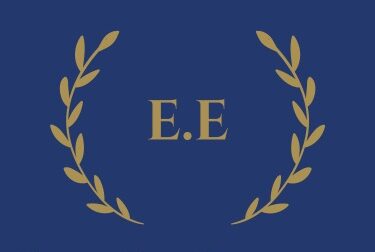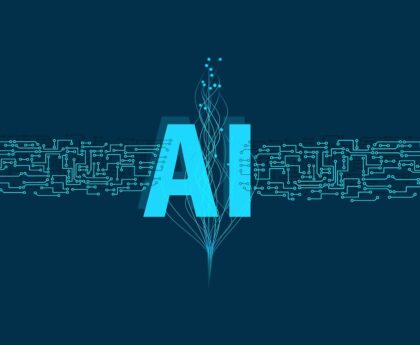Assessing student progress is a crucial aspect of education that enables educators to evaluate learning outcomes, tailor instruction, and track overall class performance. However, the process of evaluating both individual students and the entire class poses several challenges. In this blog post, we will delve into the analysis of these challenges and explore potential solutions to enhance the accuracy and effectiveness of student assessments.
Assessing Individual Student Progress:
- Diverse Learning Styles: Students possess unique learning styles, making it challenging to assess their progress through a standardized evaluation system. Some students excel in written assignments, while others thrive in hands-on activities or verbal discussions. Teachers need to employ a variety of assessment methods to capture a comprehensive understanding of each student’s progress.
- Subjectivity in Grading: Subjectivity can influence grading, especially in open-ended assessments like essays or projects. Different teachers may interpret and evaluate student work differently, leading to inconsistencies in grading. To mitigate this challenge, educators should establish clear rubrics and grading criteria to maintain objectivity and ensure fairness.
- Time Constraints: Assessing the progress of individual students requires time, which can be a limited resource for teachers. With larger class sizes and various responsibilities, it becomes increasingly difficult to provide timely and detailed feedback to every student. Employing technology, such as automated grading systems or peer assessment, can help alleviate this challenge and provide more immediate feedback.
Assessing the Progress of the Entire Class:
- Standardized Testing Limitations: Standardized tests provide a broad overview of class performance but often fail to capture the nuances and individual growth of students. They may not align with the specific curriculum or teaching methods employed in the classroom, limiting their effectiveness in assessing the progress of the entire class accurately.
- Variability in Student Engagement: Assessing class progress becomes challenging when students exhibit differing levels of engagement. While some students actively participate, others may be disinterested or struggle with motivation. Teachers must find ways to encourage active engagement and create an inclusive learning environment to accurately gauge overall progress.
- Limited Data Points: Traditional assessment methods typically rely on periodic exams or quizzes, which offer only a limited number of data points to evaluate student progress. This can result in an incomplete picture of the class’s growth over time. Incorporating formative assessments, such as class discussions, projects, and portfolios, can provide a more comprehensive understanding of student progress.
Solutions to Enhance Assessment Accuracy:
- Differentiated Instruction: Tailoring instruction to meet the diverse learning needs of students can contribute to more accurate assessment. Providing individualized learning opportunities and varied assessment methods allows students to demonstrate their progress in ways that align with their strengths.
- Data-Driven Decision Making: Utilizing data analytics tools and educational technology can help educators collect and analyze student performance data more efficiently. These tools can identify learning gaps, track progress, and provide insights to guide instructional decisions at both individual and class levels.
- Authentic Assessments: Integrating authentic assessments, such as real-world projects, presentations, or performances, can provide a holistic view of students’ skills and abilities. These assessments assess practical application of knowledge and skills, offering a more accurate reflection of student progress.
Final words, Assessing student progress, whether at an individual or class level, presents a range of challenges. Overcoming these challenges requires a combination of innovative assessment methods, differentiated instruction, and data-driven decision making. By employing diverse assessment strategies, leveraging technology, and focusing on individual growth, educators can ensure more accurate and meaningful assessments, enabling them to support student development effectively. Ultimately, effective assessment practices contribute to improved learning outcomes and the overall success of students and classrooms.
If you are an Educator we would like to have your insight on the matter ! Leave Your Comments Below and Don’t Forget to Join our Newsletter for future releases and updates!





